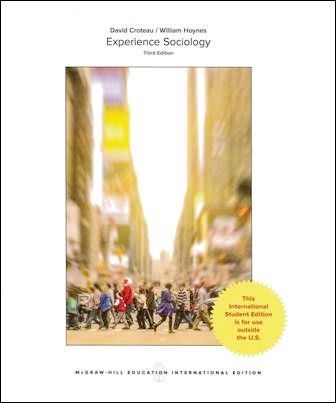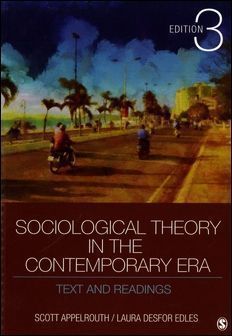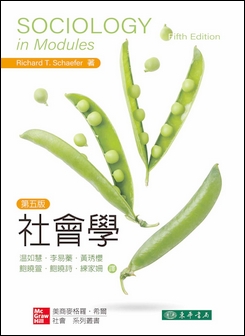書籍分類

Experience Sociology 3/e
作者:David Croteau, William Hoynes
原價:NT$ 1,250
ISBN:9781259921667
版次:3
年份:2018
出版商:McGraw-Hill
頁數/規格:529頁/平裝彩色
版次:3
年份:2018
出版商:McGraw-Hill
頁數/規格:529頁/平裝彩色
內容介紹 目錄 作者介紹
- Description
Experience Sociology has set the new standard for teaching Introductory Sociology. Approaching sociology through the key concepts of culture, structure, and power, the program enables students to see sociology everywhere, and make the familiar new. Presented in an accessible and engaging way that brings theory and sociological concepts together, students move beyond their individual perspective to gain a true sociological perspective. Connect, the proven online experience, adapts to the student's learning needs, enhancing the understanding of topics and developing their sociological imagination.







